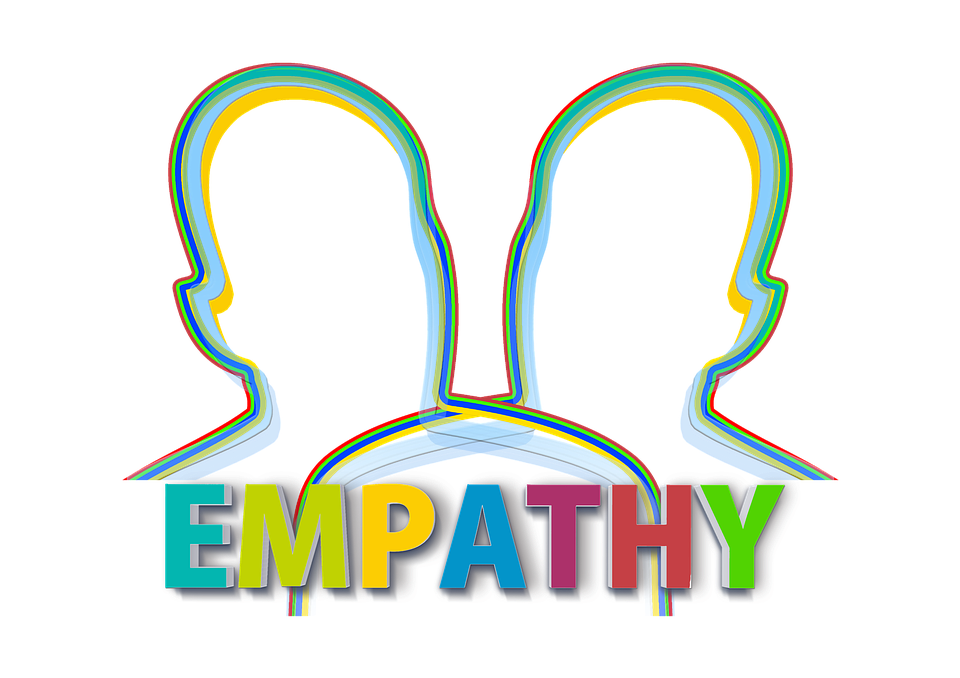When I started my law firm about 8 years ago, I had already had a marketing guru who was handling my public relations side even when I was an associate at a semi-prestigious Long Island law firm. Yes, as an associate at a law firm, I had hired my own p.r. guy because our outside p.r. firm was dreadful and our in-house marketing staff was busy with the dozens of other lawyers and the law firm administrator who had to publish articles that never made our firm a dime.
This p.r. guy’s mantra was that marketing works and he was right. Through some of my referrals, this p.r. guru with the golden touch got two clients based on my recommendations. The first week I started, I got some nice coverage in the Long Island Business News and that really was it. Other articles I was quoted in were leads that he was sending me and I did all of the work by contacting the reporter and following up. As with any business, it was a struggle and business wasn’t good.
Over time, I started to suspect that p.r. guru was no guru, especially when our local newspaper Newsday had an article on 401(k) fees and there were no quotes from his clients (myself, a third party administrator (TPA), and pension consultant) in it. From what I gather, he had a good friend in Long Island Business News and that was it. He wanted me to network with people that he recommended and all of them were his clients.
I lamented to this p.r. guy about my lack of new business and he suggested that I take some time off. Since I had to pay my mortgage, that wasn’t an option. I also thought that the comment was insensitive and showed a total lack of empathy. So instead of taking his advice, I read a few books on social media and hired a social media guru. I realized that for the $30 a day I was paying, this p.r. guy was doing nothing. He was very good at promoting himself, not so well at promoting his clients. He had no knowledge what I did because he started setting me reporter requests for experts on finance topics that had nothing to do with my ERISA expertise. The kicker at the end was when he suggested that I rent an office where the TPA was leasing space, so I can get work from this TPA (who had been referring work to another ERISA attorney). Since I don’t believe in any kind of quid pro quo arrangement, I was offended that he suggested that I rent out space for an office I didn’t need, so he could look good with this TPA client. I quickly fired him and it’s no surprise that my business has lifted off.
The point of this diatribe is about empathy. Empathy is an important, yet neglected trait. Empathy is the capacity to recognize and, to some extent, share feelings (such as sadness or happiness) that are being experienced by another person. Empathy is a major cornerstone in building human relationships and it is a key to having compassion.
Retirement plan providers whether they’re financial advisors, TPAs, ERISA attorneys, and accountants are in the professional services business. These professional services entail working with retirement plan sponsors that are businesses, individual owners, and plan participants. To properly service the clients, you have to know the needs of the client and sometimes those needs are quite large for one reason or another. To properly service the needs of your clients, you need some empathy. That means when times are tough, don’t charge $150 for a boilerplate safe harbor notice when you always gave it away for free. That means not charging a client $30,000 for a plan amendment to correct the errors you put in the plan document. It means returning part of your administration fee when you do so many mistakes in the discrimination testing of the plan that caused the plan sponsor penalties.
This is not to suggest that when times are bad economically that a service provider should cut their fees. It means that service providers should show concern when their clients and their employees are going through rough times. They always say you know who your friends are when you see who sticks with you when times are tough. Plan sponsors will always the retirement plan providers who helped them when either the employer or the plan was going through some rough times and those who didn’t.
Providing top-notch professional services isn’t enough, plan providers need to deal with their clients because of the human factor. We are not robots, we are human beings and while financial advisors have been fired for poor mutual fund selection, I have seen many financial advisors fired because they didn’t meet the client’s needs when things weren’t going so well.







